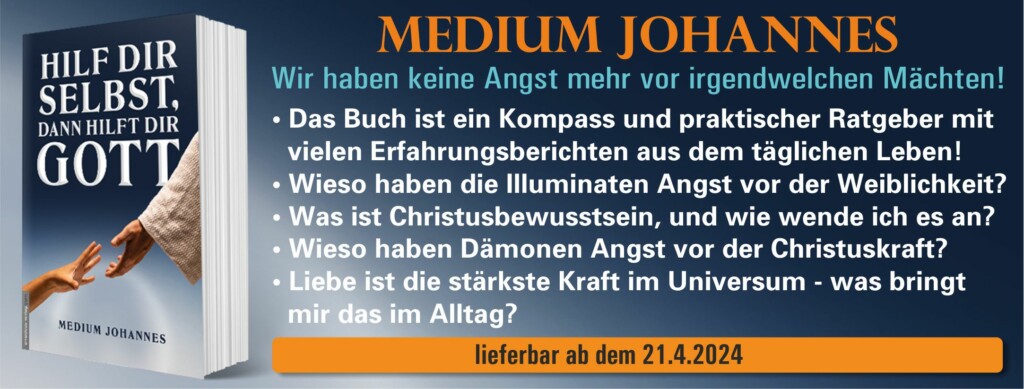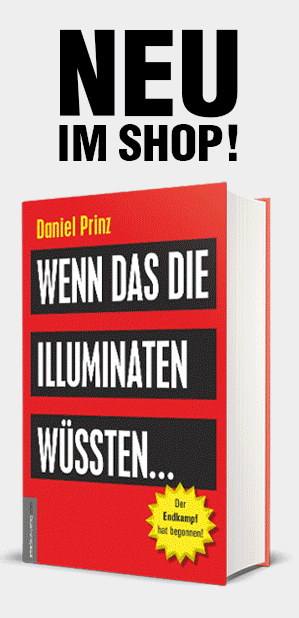Was für ein Einbruch an der Moskauer Börse, nachdem weitere Sanktionen der USA gegen Russland verkündet wurden:
Quelle: FINANCIAL TIMES
Die Zinsen stiegen und der Rubel ging in den freien Fall über:
Quelle: Financial Times
Die FT meinte dazu:
- „As of last week, not only was Russia the best-performing country in the MSCI Emerging Market index, it was the most popular among EM investors. Russia has enjoyed the status since last October when it eclipsed India as the biggest overweight
 position, according to an analysis by Renaissance Capital, a Moscow-based investment bank. A resilient oil price, subdued inflation and an improving economic outlook were enough to persuade investors to ignore the risks of further sanctions against Moscow.“
position, according to an analysis by Renaissance Capital, a Moscow-based investment bank. A resilient oil price, subdued inflation and an improving economic outlook were enough to persuade investors to ignore the risks of further sanctions against Moscow.“
– Stelter: es gab wirklich gute Gründe in Russland zu investieren. Vor allem weil der Markt billig war! - That bet looked under threat on Monday as the country’s benchmark Moex index closed down more than 8 per cent after investors digested US sanctions that targeted the business empires of a series of high-profile oligarchs (…).“
– Stelter: was unterstreicht, dass wir es mit zunehmender politischer Unsicherheit zu tun haben. - „‚Our measures suggest financial conditions in Russia have tightened today but only to the levels seen earlier this year,‘ said William Jackson, senior emerging markets economist at Capital Economics. Indeed, some investors were already looking on Monday’s drop as a buying opportunity as long as the oil price held up.“
– Stelter: was eine wichtige Frage ist. Lohnt sich der Einstieg?
Ja, sagen zumindest die von mir sehr geschätzten und hier oft zitierten Experten von GMO:
- „On the heels of new U.S. sanctions and a chemical weapon attack in Syria, the Russian market fell 10% on April 9th, a much larger reaction than expected. It’s not clear that the two situations are linked, but it suggests to us that the market perceives the risk of a major blowup with Russia, possibly taking the form of Iran or North Korea-style sanctions, has dramatically increased. We don’t buy it.“
– Stelter: Das ist wirklich die Frage. - „Given the fact that Mr. Oleg Deripaska (who is closely associated with Mr. Paul Manafort) and the companies he controls were the primary targets, one might draw a conclusion that there’s a political dimension to this. If the intent was to hurt Russia economically, sanctioning companies such as Gazprom and Sberbank would have had a much more profound impact. Our sources in Moscow suggest a similar view.“
– Stelter: was dann dafür sprechen würde, Aktien zu kaufen. - „(…) we don’t think the U.S. is exercising the ‚nuclear option‘ of trying to tank the Russian economy. While it will cause pain in certain areas, we do not think this action will have a profound impact on the Russian economy. As a result, we are quite comfortable with our overweight in Russian equities in the GMO Emerging Markets Strategy, as these positions continue to be extremely cheap in our view.“
– Stelter: Das ist der Hauptpunkt!
 Russland ist wirklich sehr billig. Die Aktien werden unter Buchwert gehandelt (nur noch in Griechenland der Fall), das PE-Multiple liegt unter acht, der tiefste Wert aller Emerging Markets. Risikofrei nicht. Aber recht gut abgesichert.
Russland ist wirklich sehr billig. Die Aktien werden unter Buchwert gehandelt (nur noch in Griechenland der Fall), das PE-Multiple liegt unter acht, der tiefste Wert aller Emerging Markets. Risikofrei nicht. Aber recht gut abgesichert.
Dabei darf man die grundlegenden Probleme der russischen Wirtschaft natürlich nicht vergessen. Gut zusammengefasst hier:
- „Russia’s economy was smaller than that of Texas even before the latest and most lethal sanctions imposed by Washington. It has diminished further to Benelux proportions after the ruble’s 10pc crash this week, the steepest fall since the late Nineties.“
– Stelter: Richtig, Russlands Wirtschaft steht nicht gut da und die Industrialisierung hat nicht funktioniert. Es bleibt eine Rohstoff-Wirtschaft. - „The US Treasury has a very deep reach into the international dollarised payment system, and is armed with an elite commando unit skilled at what it calls ‚boa constrictor‘ methods. Chinese banks might step into the breach and lend to Russia (at a price) but even they will hesitate. Investors must now contend with the prospect that almost any oligarch could be targeted and that any Russian asset – including sovereign bonds – could be tainted and plunge in value overnight. This risks a collective rush for the exits. Nobody wants to be trapped in a firesale.“
– Stelter: was auch zu den bereits genannten tiefen Preisen führt. - „To be clear, the country is not facing an imminent financial crisis. The floating ruble acted as a shock absorber through the oil crash. It took crude prices of $115 to balance the budget in the giddy days of 2013. This was cut to $70 in 2017. The fiscal deficit is a modest 2pc of GDP, though it is arguable that Russia will struggle to finance any deficit at all if sovereign bonds are added to the sanctions list since it lacks a functioning domestic bond market. But all in all, Russia survived the trauma.“
– Stelter: weshalb natürlich die Frage kommt: wie viel tiefer noch? Gibt es nicht doch Grund zur Stabilisierung? - „Russia is still hostage to oil and gas. Energy provides a tolerable living for now but US shale has entirely changed of global oil industry, capping each rise in prices with a surge of new drilling. It has become a structural headwind. Russia’s own production costs are rising as the old fields decline by 3–5pc a year in Western Siberia. The energy ministry warns that output could halve by 2035 unless there is a wave of investment. (…) By the mid-2020s, other powerful forces will be at work. Electric vehicles will probably have reached take-off; battery costs will have come down far enough to give wind and solar an edge over gas; carbon prices will be rising to meaningful levels as the Paris climate accord bites. By then the fossil industry will be looking tired.“
– Stelter: Ja, das ist eines der Probleme. Ein weiteres ist die demografische Entwicklung.
Man kann skeptisch sein, man muss es wohl bezüglich der Entwicklung Russlands. Aber die Assets sind sehr günstig. Und letztlich liegt im Einkauf der Gewinn.
→ ft.com (Anmeldung erforderlich): „Sanctions threaten Russia’s ranking as EM favourite“, 9. April 2018
→ gmo.com: „Russia: A Riddle, Wrapped in a Mystery, Inside an Enigma“, April 2018
→ The Telegraph: „Putin’s futureless economy can’t match his power posturing“, 11.April 2018
Dr. Daniel Stelter — www.think-beyondtheoblivious.com































